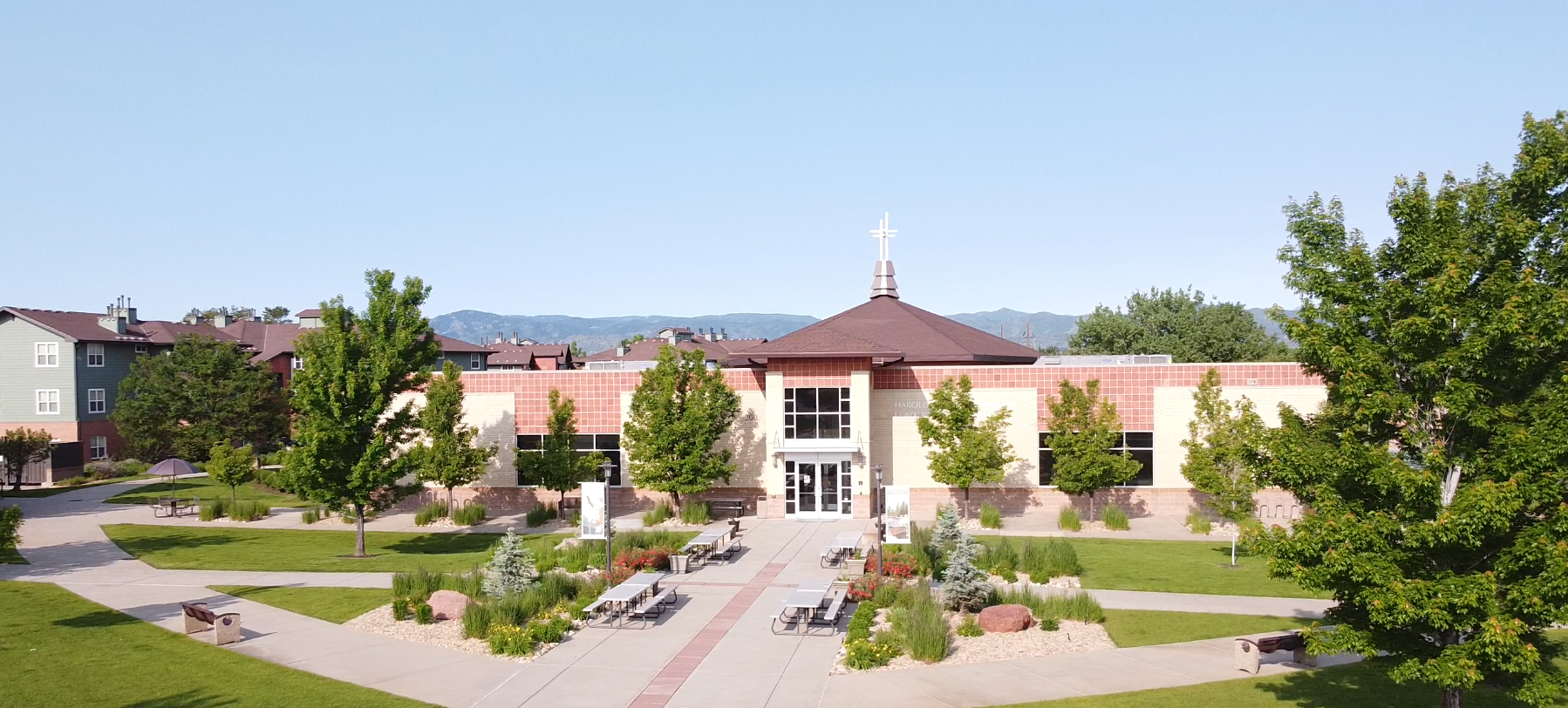Application Process
These are steps for anyone interested in applying to the Doctor of Ministry program at Denver Seminary.
Here’s what we need from you:
The biographical questionnaire only needs to be completed once and contains all the information for us to start an application for you. Once you hit submit, the admissions team will start compiling your application documents and an admissions counselor will stay in touch about the process. You will choose your desired campus, program, and start term in this step. If you’re unsure which program you want to pursue, that’s not a problem. Pick the closest one and make sure your admissions counselor is aware you’re still deciding. You can change your program details at any time.
This is an opportunity for us to get to know you. You’ll respond to a few prompts about your story and your interest in Denver Seminary. Your essays will also display your writing ability, so make sure your submission is concisely written and edited for grammatical errors.
You need to submit one pastoral reference (a Christian leader in your life who has known you over one year and is not related to you) and two general references (anyone else in your life who has known you over one year and is not related to you).
You will need to submit transcripts from the institution where you completed your previous master’s degree. These transcripts need to be “official,” meaning they have been sent to us directly from the institution either electronically or by mail. We do not need undergraduate transcripts.
Submit a resume of your educational and professional experience.
Admissions Requirements
Doctor of Ministry: Master’s degree from an accredited institution.
Doctor of Ministry require a 3.0 cumulative GPA.
(Don’t meet this requirement? Email us to talk through your options for supplementing your GPA.)
Denver Seminary is a religious organization that trains ministers and those who serve the Church within the context of a faith community. As such, our shared beliefs and standards within the faith community are as important as our academic training. Recognizing this, we require all applicants to certify that they have read, understand, and personally adhere to the shared beliefs as stated in the NAE Statement of Faith. Further, we require that all applicants certify that they have read, understand and agree to abide by the expectations and policies as outlined in the Seminary’s Community Values and Behavioral Commitments, Academic Catalog and Student Handbook.

